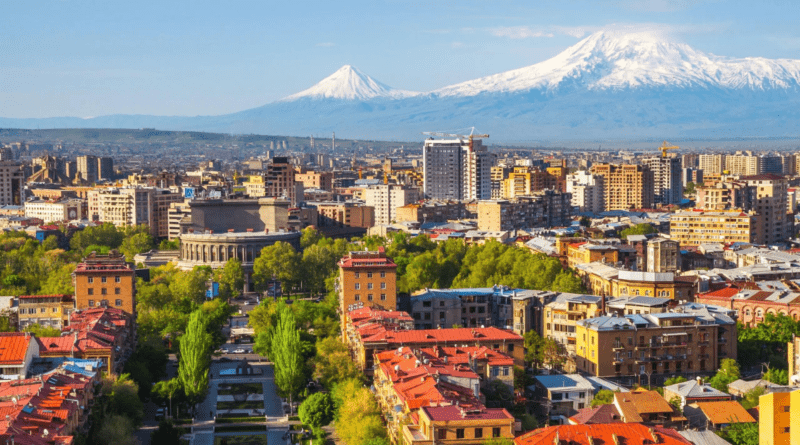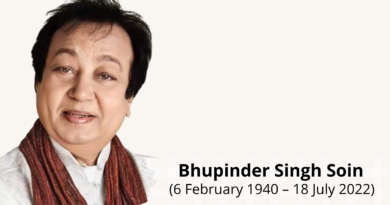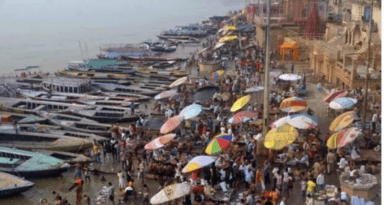Know About The Spectacular Emerging Geostrategic Synergy
When Saint Thomas proclaimed the gospel in India and Saints Bartholomew and Thaddeus in Armenia, Christianity arrived in these nations much earlier than it did in Western Europe.
Large diaspora groups from these nations have grown around the world, particularly in the United States, thanks to centuries of migration. Indian Americans and Armenian Americans have been making substantial economic contributions to the United States while pursuing the American dream.
Antranik Ozanian and Chatrapati Shivaji Maharaja, two courageous liberation heroes who battled against Turkic overlords, are remembered in both countries.
The geopolitical difficulties that India and Armenia face in the modern world, particularly in light of the developing geostrategic alliance between Turkey, Azerbaijan, and Pakistan, are another similarity between the two countries. In 2024, a number of additional similarities will have accelerated the emergence of a geostrategic synergy between these two nations.
At India’s biggest geopolitical and geoeconomic forum, the 2024 Raisina Dialogue, held in Delhi, it was clear that these two nations are becoming more and more synergistic. The Armenian government’s Minister of Labour and Social Affairs, Narek Mkrtchyan, spoke at the conference this year, marking the first-ever India-Armenia dialogue.
Nvard Challikyan, a research fellow from the Applied Policy Research Institute of Armenia, spoke to the audience and provided a geographic explanation of the conflict between Armenia and Azerbaijan. He also talked about the goal of Turkish President Recep Tayyip Erdogan, which is to establish connections between Turkey and the Turkic states of Central Asia. She also noted Azerbaijan and Turkey’s obvious support for Pakistan on the Kashmir issue, as well as the fact that Armenia purchases weapons in large amounts from India.
The ethnic cleansing carried out by Azerbaijan has resulted in the displacement of over 100,000 Armenians from Nagorno-Karabakh, reminding Indians of the exodus and massacre of the Kashmiri Pandits. The commonality between the words “reliv, seliv ya geliv” (convert, leave, or die) and “Qarabag Azerbaicandir” (Karabakh belongs to Azerbaijan) is that they are both said by individuals who intend to carry out genocide. The British MP Jonathan Lord stated that the Kashmiri Pandit Genocide should also never be forgotten, in the same way that the Holocaust should never be forgotten. There are uncannily similar conditions for Hindus in the Kashmir Valley and Armenians in Karabakh.
The potential for cooperation between India and Armenia is immense, spanning across several fields such as education, infrastructure, space exploration, pharmaceuticals, robotics, artificial intelligence, and much more. These two civilizational kingdoms continue to demonstrate their power and convey the tale of the valour of their ancestors despite having withstood multiple assaults.
Atal Bihari Vajpayee, the peace-loving prime minister of India, once travelled to Pakistan on a bus and even stopped at Minar-e-Pakistan, a significant landmark marking the country’s founding. Vajpayee declared, “We will not allow war to happen again,” but the Pakistani army surprised him by attacking India during the Kargil conflict. Even though we prevailed in that conflict, our allies in Armenia can draw lessons from it as they formulate diplomatic strategies with their neighbours to ensure their security. By forming a strategic partnership, India and Armenia will significantly strengthen their geostrategic position, combat the bellicose rhetoric of their expansionist neighbours, and contribute to global peace.




